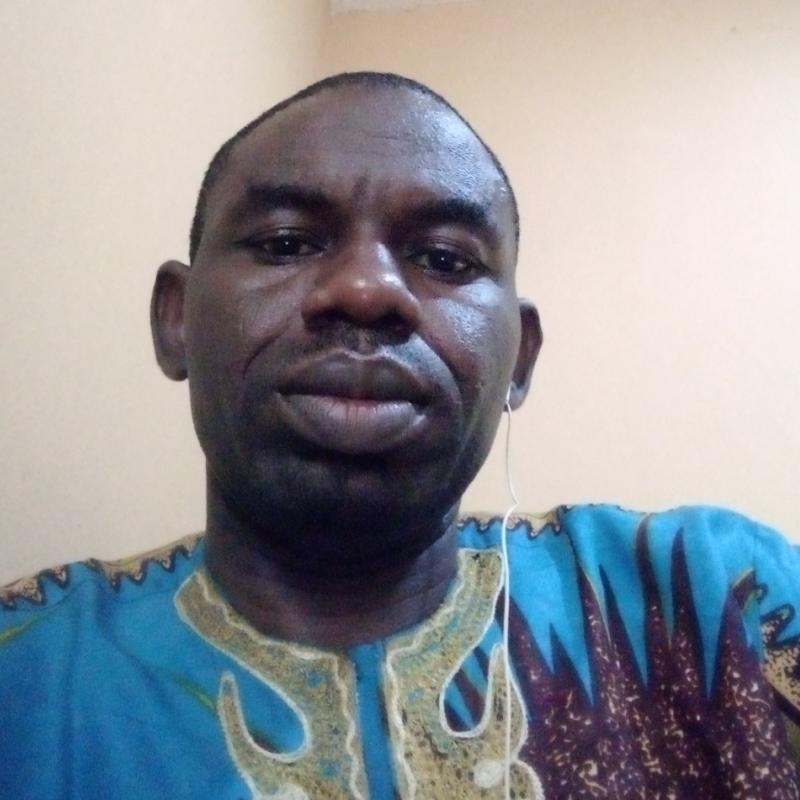I am energetic driven professional with over ten years’ experience. I have picked interest in political/policies analysis and formulation, leadership and management strategies, programme/project management, research and coaching and marketing insight, both in private and public sectors.
My contributions
How are we progressing in SDG evaluation?
DiscussionDisability inclusion in evaluation
DiscussionWhat type of evaluator are you?
Discussion

Esosa Tiven Orhue
Founder/CEO E-Warehouse ConsultingDear Colleagues/Members,
My EvalForward Contribution.
Beginning by initiating the important of the role of technical expertise and management of evaluation are both important and vital to the existence and delivery of quality evaluation and implementation programmes. However, both are essential to research institution of evaluation, to enhance work quality and data management. Expressly speaking, there is need for technical expertise and need for a continuous management in the vicinity of evaluation which are fundamental principles of evaluation. Both work hand in hand to strengthen the beauty and quality of evaluation in the concept of research, programme management and policy implementation. In other words, whatever that needs to be researched or might have been researched out there is method or methodology to that outcome and success. Both function to synergy and collaborate to foster the development of evaluation and data communities for enhancement and strengthening.
In furtherance to the concepts, does a supervisor(s) differs from manager? In a nutshell, this connotes the use of the word, often seen or perceived as external body or technical adviser that validates the team work or research work. It gives a different view to the fundamental principles on quality on technical ground or management. Majorly, as an advisory body that serves and initiates a design work, procedure, process or guide to work with or follow objectively. Invariably, the perception of this depends on the concept internally and externally that tracks the performance and input technically to evaluate the process and success of evaluation. The manager is more of effective team value that enhances the principle and objective of evaluation and programme. Again, manager serves as a team player in the workplace, the demand is in line with management goal as a support team for management decision and enforcement. Elucidating this concepts from both ends, externally and internally day to day activities of evaluators, it is more of managerial concept team work which is broader in nature than the latter that is technically outline. Diplomatically speaking, both leverage on the differences to succeed as one interchangeably entity.
Meanwhile, in my view, the roles of both might differ a bit but have one central focus point in evaluation management mechanism which is accurate data management, research and programme management.
A manager may be more of team work or player than a supervisor in this context but obviously they are same in delivery. Ensure that stakeholders’ concepts are well delivered and served because of team oriented.
Internally a manager participates in day to day activities of evaluation than supervisor who prioritize its validation of work done and create guideline.
A supervisor is more of a technical adviser or input than a manager who is more of welfare, team concern and continuity of programme management. It all depends on the usage of the word and perspective.
A manager enhances the principle of accountability in workplace and continuity of better data and programme management. It is more of management incline than supervisor.
Manager might be broad in terms of knowledge ability in management community while that of supervisor might be streamline or restrain to a specific area or subject.
However, the view of both in evaluation management techniques and skills might differ a bit but the mind is one goal and result for the team, research and the programme.
It is a certain principle and mechanisms that organization, programme/project must be carried out and function this respect to decision making and implementation. There is always a synergy that builds collaboration on the ground of technicality and management objectively in programme. The main purpose is for both to be aware for the reason of the outcome that is basically decision based making and implementation in collaboration modalities and implementation. However, there is always room for both to calibrate in knowledge integration and management.